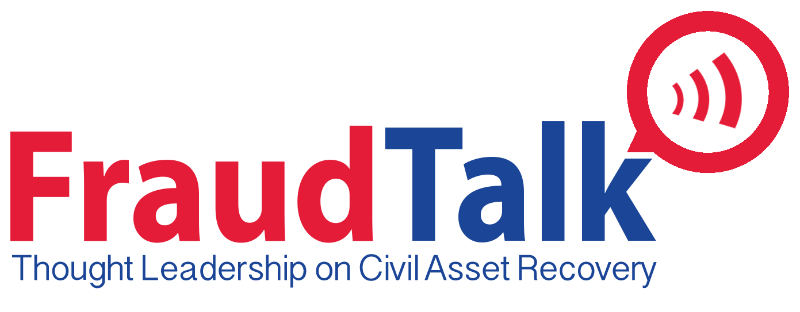In the midst of agonizing media coverage of international terrorism, a massive flow of refugees into Europe and the shifting sands of politics around the world, government fraud and corruption managed to make news in 2015. It was the year of governments living dangerously as enormous frauds crippled economies, burdened already beleaguered taxpayers and all but destroyed trust in government and political leadership in some countries.
Although it may not be clear whether instances of government fraud are actually increasing, we do know that the size, scope and complexity has grown over the years. As citizens of a global economy, we also recognize that sooner or later, we all feel the ripple effect.
What do these crimes in far flung parts of the world have in common? A look at the economic tragedies in Moldova, Guatemala and Brazil — three of the largest, most complex cases that made headlines in 2015 – reveals some common themes and potential strategies.
They did not occur over night. The participants were all part of a system that not only allowed, but enabled fraud to take place on a large scale. While the bulk of the fallout may have happened in 2015, these schemes had been operating or were in the planning stages for years.
The governments of Moldova and Brazil were entangled with another enormous entity with strong ties to government. In Moldova, it was the banking system. In Brazil, it was Petrobras, the government oil company. In Guatemala, the business of politics and fundraising was so intertwined with government that the process was corrupt, lacking a strong enough system of checks and balances.
In all three cases, there was a history of corruption, not enough oversight and inadequate strategies and enforcement in place to protect the government and taxpayers. All three countries also include large numbers of poor and working poor with much to lose.

Immediate action to address these weak links must include aggressive efforts to recover hundreds of millions in stolen assets that rightly belong to taxpayers. Amidst the news of potentially crippling financial frauds, there is good news. Earlier this year, after 16 years of negotiations, a deal was reached in which Switzerland agreed to give Nigeria U.S. $380 million, allegedly stolen by the former military dictator Sani Abacha and stored in European bank accounts. In addition, asset recovery professionals won a landmark court victory in 2015 in the UK in the largest corruption and asset recovery case ever undertaken by the Municipality of Sao Paulo and the government of Brazil outside of Brazil. The judgment, which will have a significant effect on the law of civil fraud internationally, entitles the government to U.S.$28 million.
As the sagas continue, here’s both an update and a look back at three of the largest government corruption scandals of the year.
Moldova
A billion dollar bank fraud was discovered in the former Soviet Republic of Moldova, estimated to be about 15 percent of the country’s GDP. The fraud cleaned out three of the country’s banks, and plunged Moldova, already the poorest country in Europe, into recession. A huge bailout rescued the banks, but at the hefty price of a half of the country’s annual budget.
Since the scandal broke, the government has been on the verge of collapse with a rapid fall in the value of the leu, the national currency, and a steep rise in the cost of living. Thousands have taken to the streets to protest, calling for the resignations of government leaders. Earlier this month, Moldova’s former Prime Minister Vlad Filat was arrested and detained on charges of theft of Moldova’s money from Banca de Economii. Analysts fear that with political parties in disarray, Russia may take control. Read full post.
Stéphane Bonifassi, of Lebray & Associés, specializes in representing victims of fraud, and is the executive director of ICC FraudNet. Named one of the world’s Most Highly Regarded Individuals by Who’s Who Legal: Asset Recovery 2015, he is the former president of the criminal law commission of the International Association of Lawyers (UIA) and the former chair of the business crime committee of the International Bar Association (IBA). Bonifassi regularly speaks and writes about issues including corruption, fraud, asset recovery and mutual legal assistance. He contributed to the book, Asset Tracing & Recovery: the FraudNet World Compendium, and his article The Long Arm of the Law – Obtaining Jurisdiction and Evidence in France, was published in International Legal Practitioner.
ICC FraudNet is an international network of independent lawyers who are leading civil asset recovery specialists in each country. Recognized by Chambers Global as the world’s leading asset recovery legal network, our membership extends to every continent and the world’s major economies, as well as leading offshore wealth havens that have complex bank secrecy laws and institutions where the proceeds of fraud often are hidden. Founded in 2004 by the Paris-based International Chamber of Commerce (ICC), the world’s business organization, FraudNet operates under the auspices of the ICC’s London-based Commercial Crime Services unit.
 ICC FraudNet
ICC FraudNet
